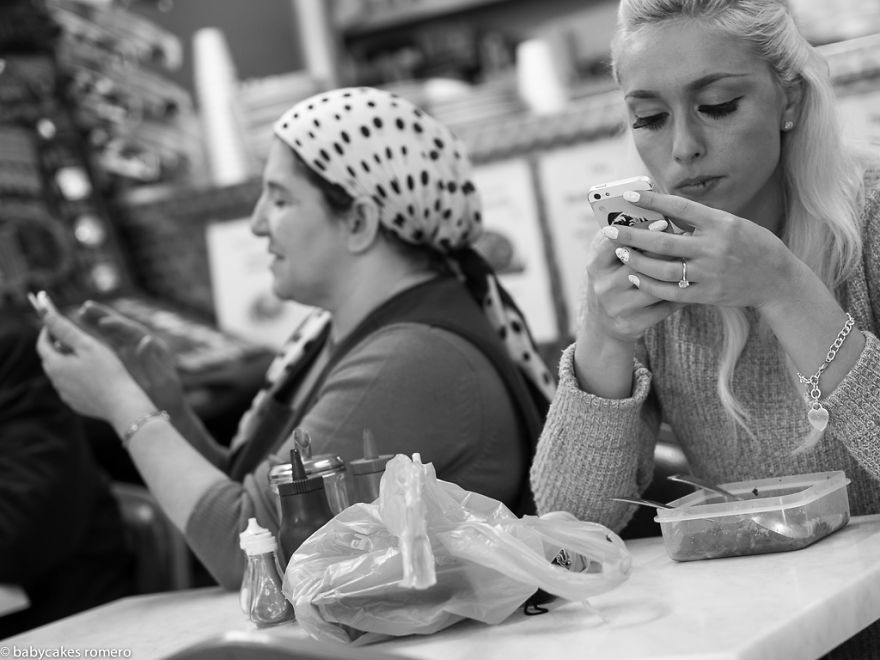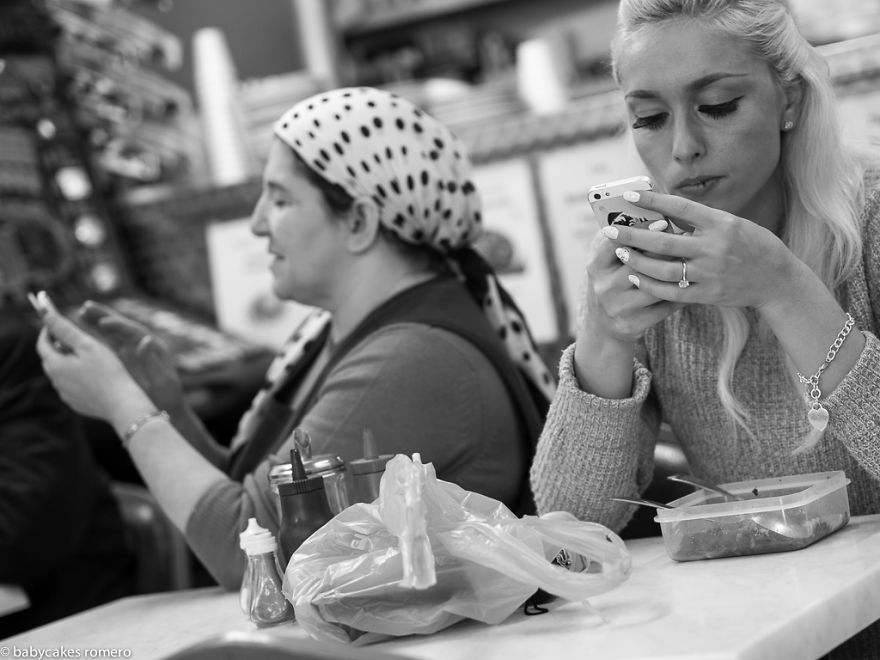SmartPhones Are Killing Face To Face Conversation; A Must Read.
Technology has indeed arrived. But let us also continue to remind ourselves that it has also brought some negative consequences as well. There is nothing wrong with you using your Smartphones but do it with great caution. Read these short 4 points about what you Smartphone can do to you and lean something out of it.
Smartphones are killing face to face conversation.
Technology has taken over our lives, especially to the point where we have forgotten how to connect with others. It’s used so much that some people have a hard time communicating to others face to face because they just don’t know how. Technology has and is literally replacing social interaction. That’s not to say that social interaction doesn’t happen or occur, and that others are not aware of this.

There is Nothing Wrong with Silence. It’s Not Awkward.
We judge the fact that we don’t have “conversations” so much so that complete silence between two individuals is something many are also afraid of. Whether you are having a conversation or not, don’t judge the fact that a conversation is needed or else it will be “awkward.” It shouldn’t be, and there is no point thinking that it is. Silence, doing nothing, or doing something, conversing or not conversing, all can be done without the need to have your smart phone there. We communicate in more ways than just through conversation, but we’ve forgotten that.
Beware of the Dangers of the Smartphone Radiation
Dangers associated with cell phone radiation have been well documented and studied. That being said, the generation who grew up with cell phones are now young adults, the results of what seems to be a giant experiment have yet to be seen, and some argue that they are already being seen. You can find more articles and links to specific studies by clicking here.
“Cell phones are very valuable devices and they are two wave microwave radios that should not be held directly next to the brain and body. A cell phone is a very weak form of microwave radiation, it’s not as powerful as an oven, but it has a very similar frequency and some of us are using it for thousands of minutes a month right next to our brain.” Says Dr Devra Davis of the Environmental Health Trust.
You Have No Privacy Using a Smartphone
With all of the Edward Snowden, Wikileaks and other documents that are now under public scrutiny, it’s no secret that all smart phone users can be, and are monitored. Documents have shown that intelligence agencies gather billions of cell phone records on a daily basis. Google has even made the work easy by following you wherever you go.
 is that electronic devices and social media are pretty much here to stay. Whilst usage restrictions will play a key part in helping the problem, for what it’s worth, I personally believe that the benefits of digital devices need be embraced. My children have shown far more enthusiasm in story writing when using Google Docs, than when I present them with a pen and paper. Creativity using digital devices is one thing, but the inability to have conversations or concentrate due to the effects of social media, is a different beast entirely.
Distancing Phenomenon
The final piece of the jigsaw is the effect social media has on relationships. Professor of Psychology at Lemoyne College, Krystine Batcho claims that whilst social media has its positives, its effect is to make interactions with other people too impersonal creating a distancing phenomenon.
Furthermore, what a person does in cyberspace can be quite different to what someone will do face-to-face in the “real world”. Bullying is a very obvious example, with social media providing a cloak of anonymity making cyber-bullying much more likely.
Batcho also notes that what happens in cyberspace may not translate well to real life; how you carry out relationships in cyberspace, is quite different to what you do face-to-face, which means we start to lose important social skills.
This is an example of the concern I have. Social media communication is not just replacing speech, it is threatening the benefits face-to-face conversations and real-life relationships give us. And this is corroborated by Batcho, who claims real life interactions add a whole extra layer of advantages compared with cyber ones.
Be human! Good word for us all. Peace friend.
Thank you.
This so true...but it has come to stay we just have to find a way around it.
Yeah I agree with you. But we gotta learn to balance it so it doesn’t consume us.